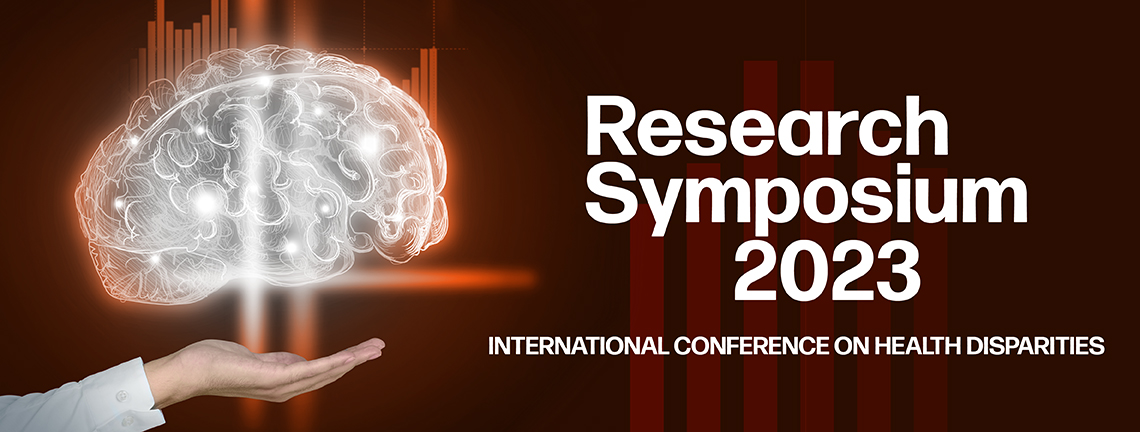
Talks
Presentation Type
Oral Presentation
Discipline Track
Community/Public Health
Abstract Type
Program Abstract
Abstract
Depression is a common mental health condition characterized by lack of passion or enjoyment in activities as well as persistent emotions of sadness and hopelessness. Excessive alcohol consumption is a chronic issue on nationwide and presents a significant public health concern. Consuming alcohol is linked to worse outcomes in terms of how depression develops it happens when the untreated alcoholism intensifies, it leads to depressive states, decreases responsiveness to conventional therapeutics as well as increases the likelihood of suicide, suicide attempts and other self-destructive behavior. Major depressive episodes and excessive alcohol use have long been thought to be related clinically and epidemiologically. The prevalence of depression in 2022, patients with alcoholism varies from 28-60%, which is 2-3 times more than in the general population. It is crucial to understand that alcohol does not treat depression effectively or sustainably, even though it may temporarily reduce discomfort. Effective depression management requires seeking professional assistance, whether through counselling or medication. Integrated treatment techniques, which address both alcohol addiction and depression at the same time, may be more effective in enhancing the safety of lives and thus, the benefits are likely to extend across generations.
Recommended Citation
Sharma, Anjali and Chawla, Pooja, "The Impact of Alcoholism in Depression" (2024). Research Symposium. 2.
https://scholarworks.utrgv.edu/somrs/2023/talks/2
Included in
The Impact of Alcoholism in Depression
Depression is a common mental health condition characterized by lack of passion or enjoyment in activities as well as persistent emotions of sadness and hopelessness. Excessive alcohol consumption is a chronic issue on nationwide and presents a significant public health concern. Consuming alcohol is linked to worse outcomes in terms of how depression develops it happens when the untreated alcoholism intensifies, it leads to depressive states, decreases responsiveness to conventional therapeutics as well as increases the likelihood of suicide, suicide attempts and other self-destructive behavior. Major depressive episodes and excessive alcohol use have long been thought to be related clinically and epidemiologically. The prevalence of depression in 2022, patients with alcoholism varies from 28-60%, which is 2-3 times more than in the general population. It is crucial to understand that alcohol does not treat depression effectively or sustainably, even though it may temporarily reduce discomfort. Effective depression management requires seeking professional assistance, whether through counselling or medication. Integrated treatment techniques, which address both alcohol addiction and depression at the same time, may be more effective in enhancing the safety of lives and thus, the benefits are likely to extend across generations.

